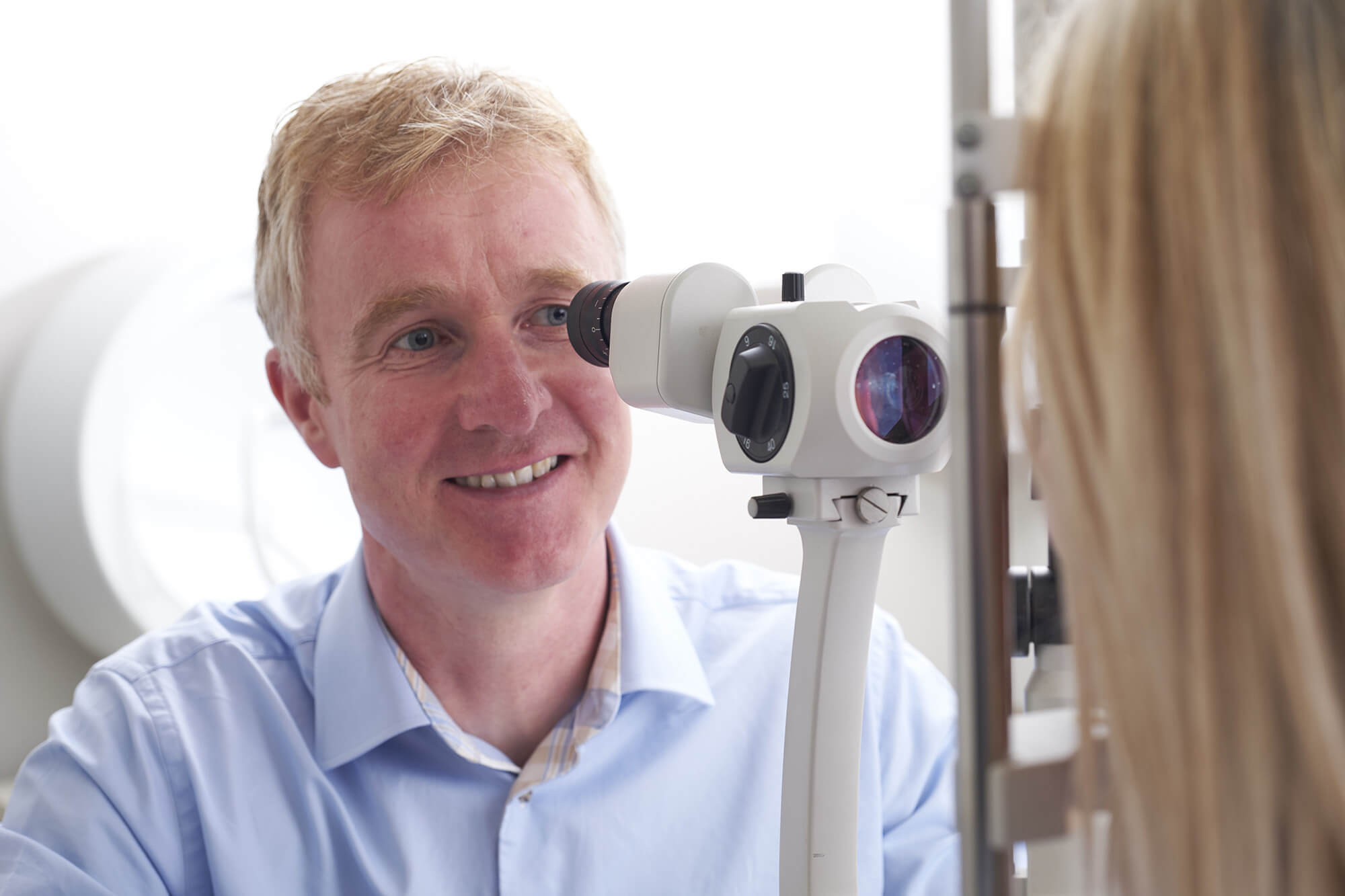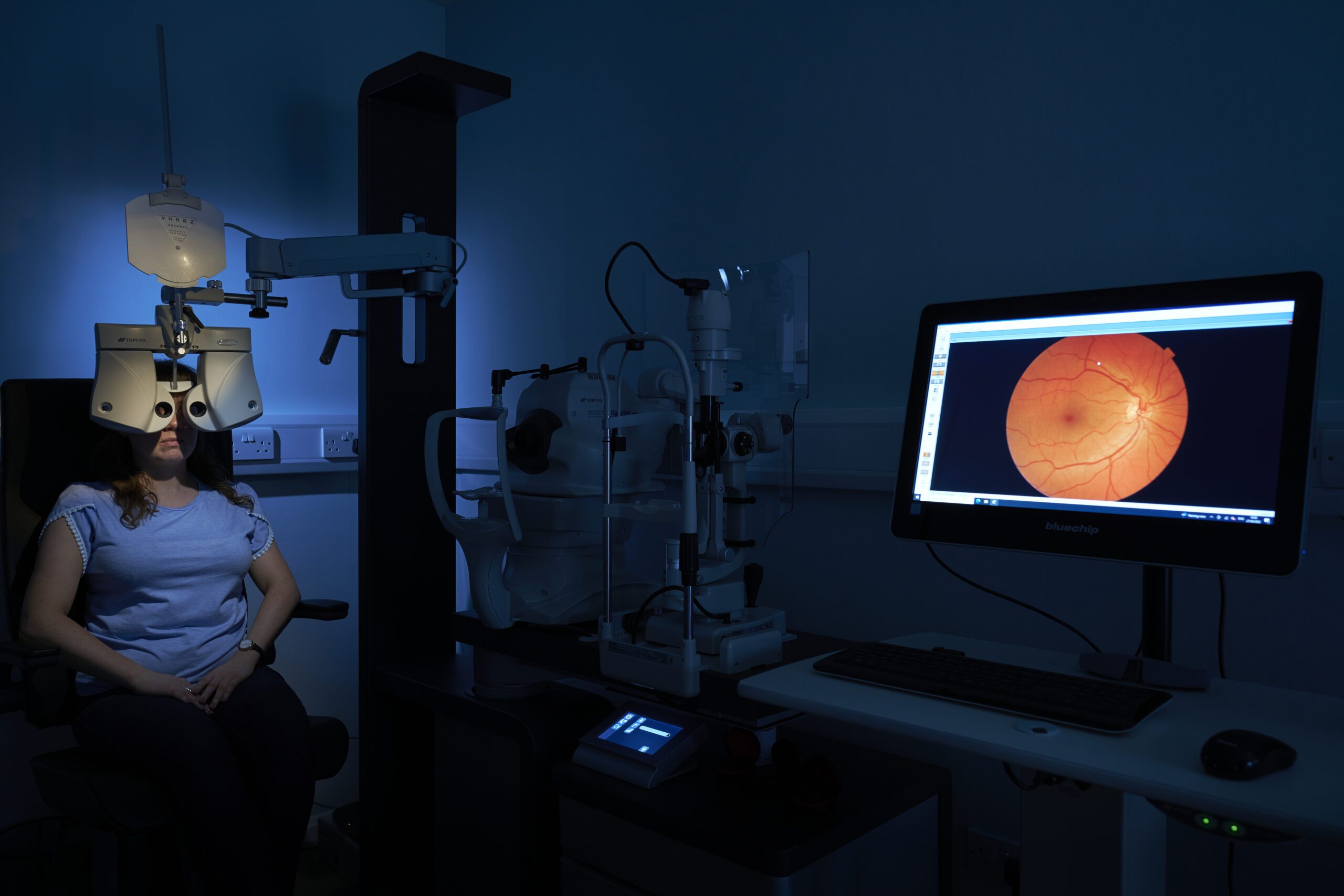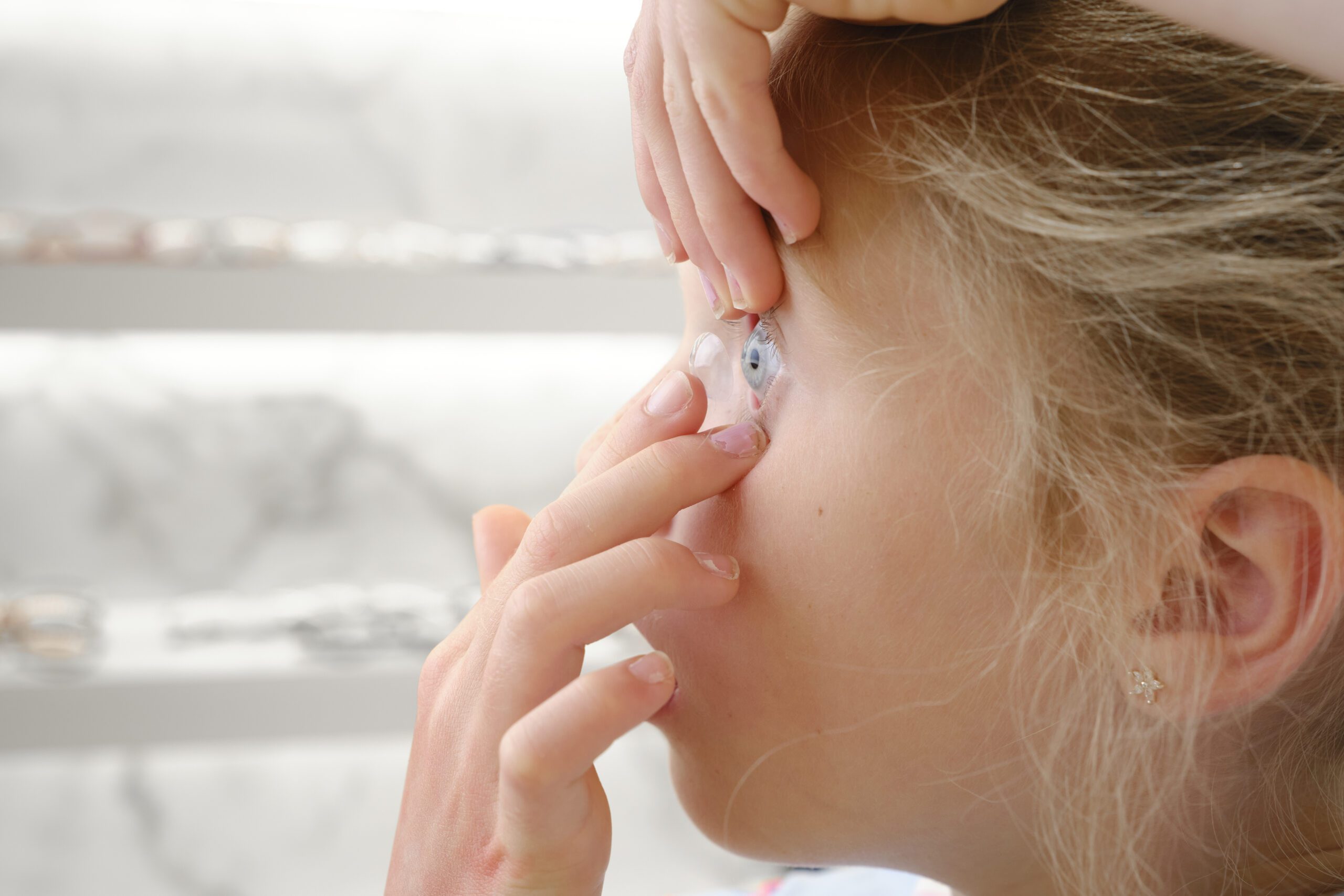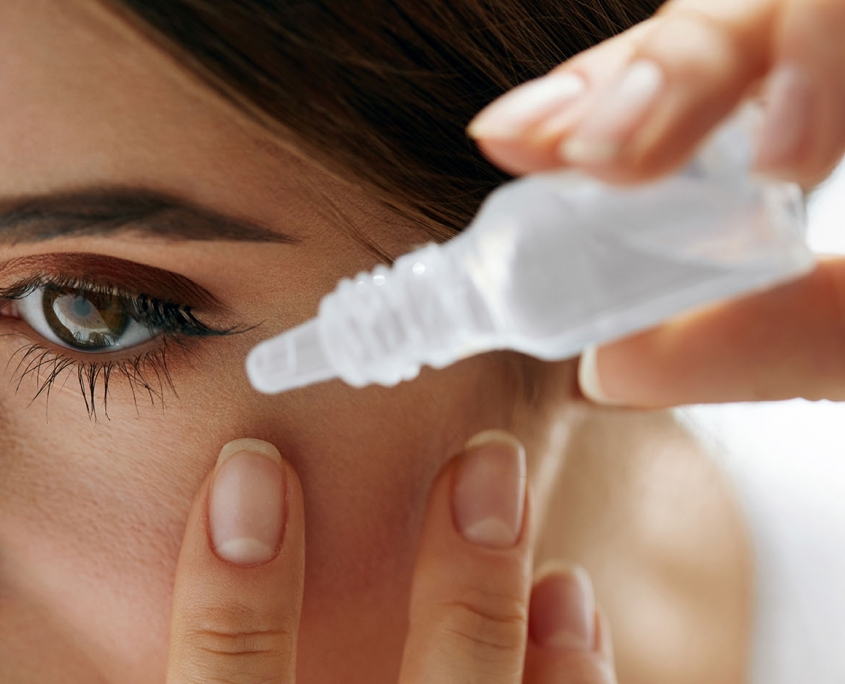Patients often come to our clinic and say “my eyes are watering a lot recently”. Some say “it can be embarrassing when my eyes water so much that people think I’m crying!” Believe it or not, in most cases, the reason this happens is because the eye is dry which is caused by a lack of tears. The condition is called Dry Eye and is a progressive and chronic condition that can occur at any age. Dry eye is a commonly encountered complaint, with about 38% of the general population affected.Interestingly, it is more common in women.
Normally your eyes are kept moist by the tears that bathe the surface. Dry eye happens when the front surface of your eye (the cornea) has an insufficient amount of tears. The cornea becomes exposed since it has no protective layer provided by tears. Then a foreign body, such as dust or wind, hits the exposed cornea and causes the eyes to start watering. This is called ‘reactive tearing’. The eye is ‘flooded’ with tears which then run down the cheek.
What are the Symptoms and Causes of Dry Eye?
There are varying degrees of discomfort and tolerance. Common symptoms of dry eye you can look out for include:
Do you have a stinging, burning or a gritty feeling in your eyes?
Do your eyes sometimes look red, feel heavy or maybe feel sensitive to light?
Do you get a stingy mucus on your eyelids especially when you wake up?
When does Dry Eye affect you?
Various activities that make you blink less often such as reading, driving, working at a computer monitor or watching television can trigger your symptoms. Exposure to fumes, dust and cigarette smoke can be particularly aggravating. If you are regularly in an air-conditioned environment this can also have a very drying effect on your eyes.
For most patients and depending on why dry is happening, the condition can be managed successfully by using drops, gels or wipes, This will give you noticeably greater eye comfort, fewer dry eye symptoms, and sometimes even sharper vision as well.
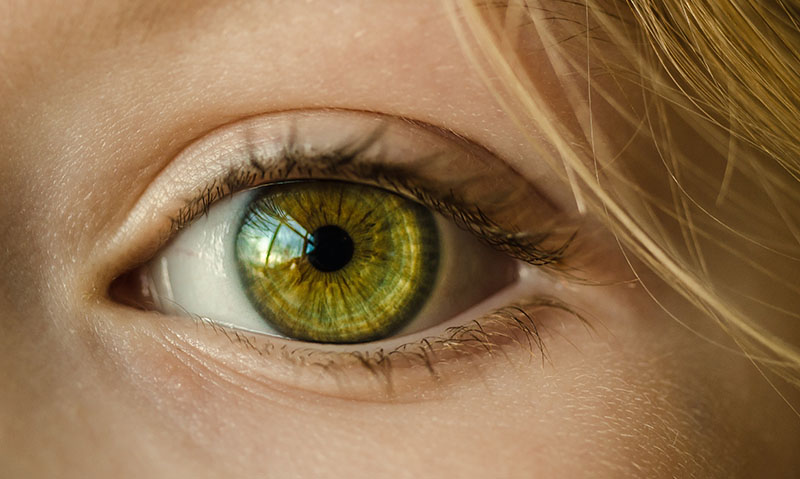
What should I do if I have Dry Eye symptoms and how can my eyes be treated?
Your optician will help you determine the cause of your dry eye, assess the amount of tears your eyes are producing, check for any damage to the surface of your eyes and agree the most effective course of treatment needed.
Are there any additional steps I can take?
Research into Dry Eye syndrome has shown that patients are often deficient specifically in Omega 3 and 6 oils. So it is not surprising that diet is an important determinant of eye health. The optimal diet should include approximately equal quantities of both omega-3 and omega-6 oils.
Increased consumption of oily fish (such as salmon, mackerel or trout) coupled with less processed food could help redress your deficit and proactively improve your eye health.
Dietary supplements are also an option for you. However, they need to be taken at least one month before a noticeable improvement. A supplement called ‘Omega Eye’ is currently being marketed as having the recommended amount of Omega oils to aid the body to produce more tears. These supplements contain very high levels of Omega 3 (1680mg EPA and 560mg DHA).
There are also some additional changes you can make to reduce your discomfort such as:
- Drink plenty of fluids to keep your body well hydrated.
- Be aware of situations where you might blink less often, e.g. when reading, watching television and looking at a computer monitor. Try to blink more frequently when concentrating on these tasks.
- Avoid places where there are fumes, dust or smoke, which can irritate your eyes.
- Careful bathing of the eyelids can help to improve the quality of your tears, so that they moisturise better and last longer on the surface of the eye.
So, if you are suffering from dry eye condition rest assured your complaint is a very common one and it can be treated!
